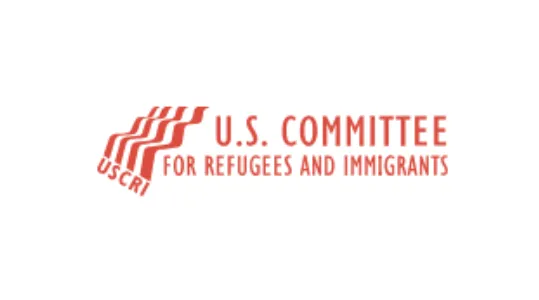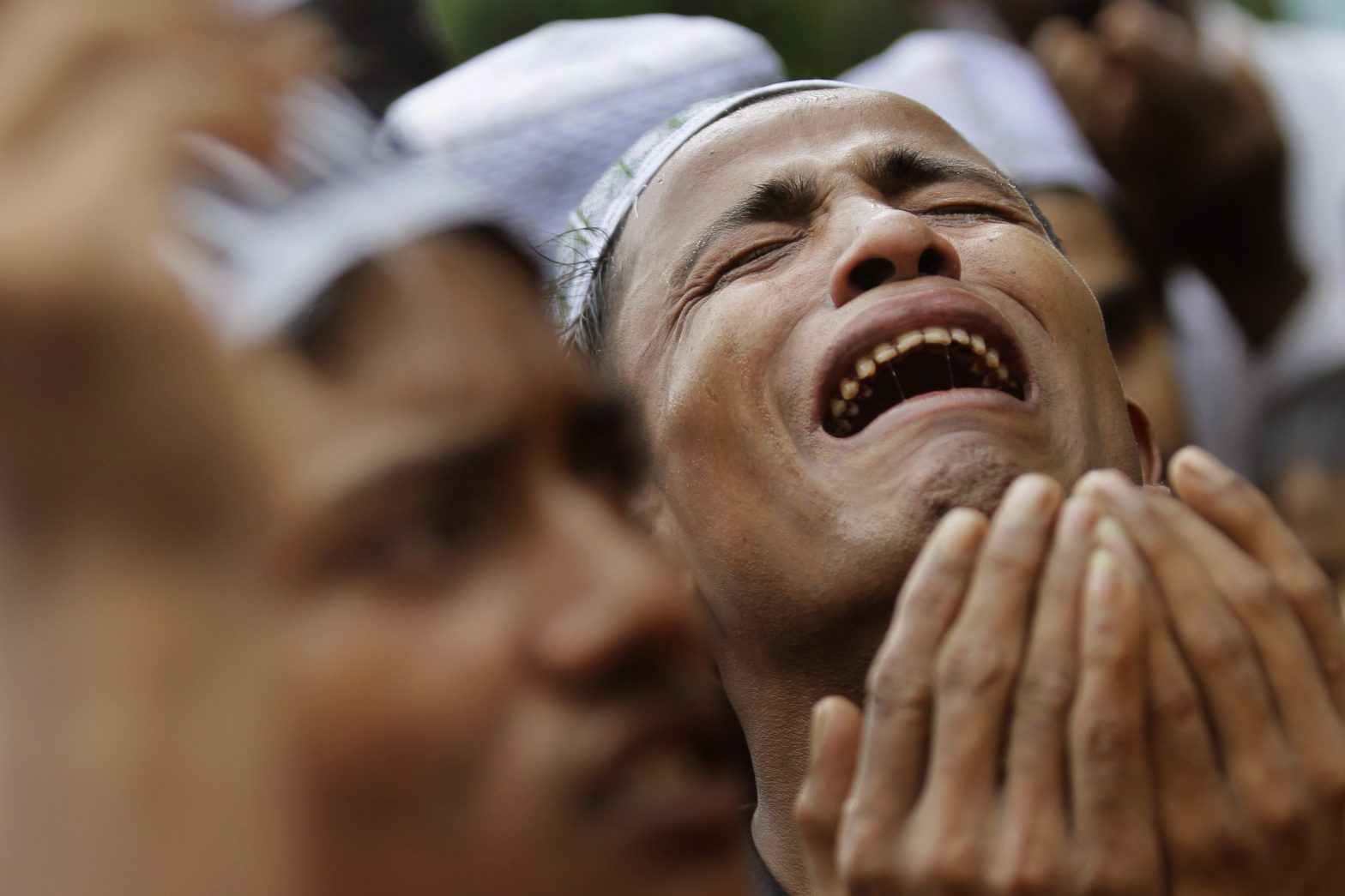Today marks Rohingya Genocide Remembrance Day.
Six years ago, violence and persecution related to the so-called “clearance operation” by the Myanmar military in Rakhine State forced more than 700,000 Rohingya to flee to Bangladesh. During this time, numerous human rights abuses were committed against the Rohingya population. The events of 2017 follow decades of persecution of Rohingya in Myanmar and their continual displacement, and the effects of these actions are still felt today.
The Myanmar military persists in carrying out its genocide and crimes against humanity with impunity. “Until the de facto government is held accountable for its actions, the Rohingya will never be able to return home in safety and dignity,” said USCRI President and CEO Eskinder Negash. “The international community should do all within its power to stop the perpetrators of these horrific crimes.”
While the international community has vowed to never let something like this happen again, the Rohingya continue to face persecution that is met with ever-waning sympathy and growing indifference from abroad. “Action is more than a declaration of empty words,” said Negash. “Silence not only leads to more suffering, but it also enables the junta to commit further atrocities.”
To mark these horrific events, USCRI hosted the webinar, “Examining Continued Protection Concerns for Rohingya Refugees,” during which panelists discussed the security, safety, and protection concerns that Rohingya face today.
Too many Rohingya continue to suffer with decreasing response from our communities. We must do better as a country and as an international community to raise our eyes and see what is happening. Never again and never forget.
USCRI, founded in 1911, is a non-governmental, not-for-profit international organization committed to working on behalf of refugees and immigrants and their transition to a dignified life.


